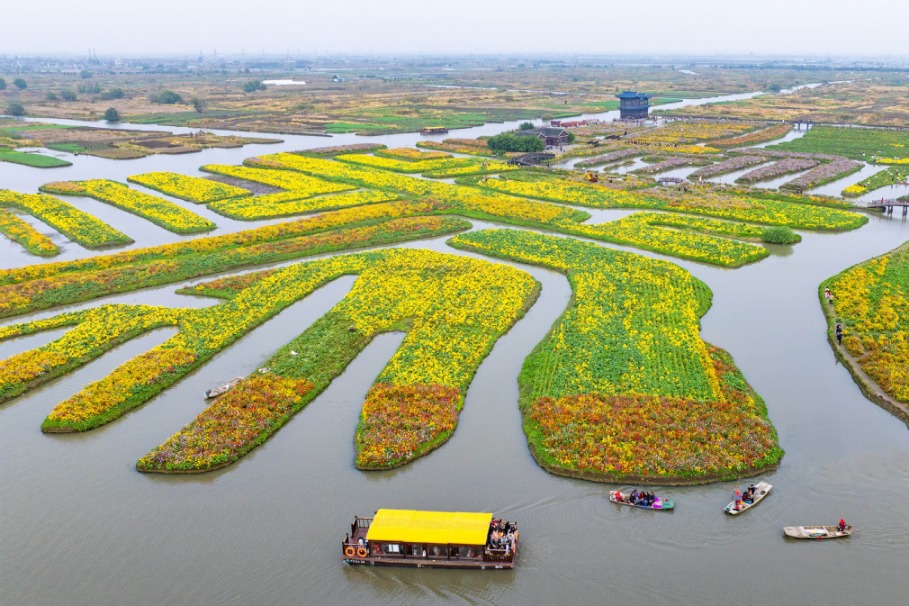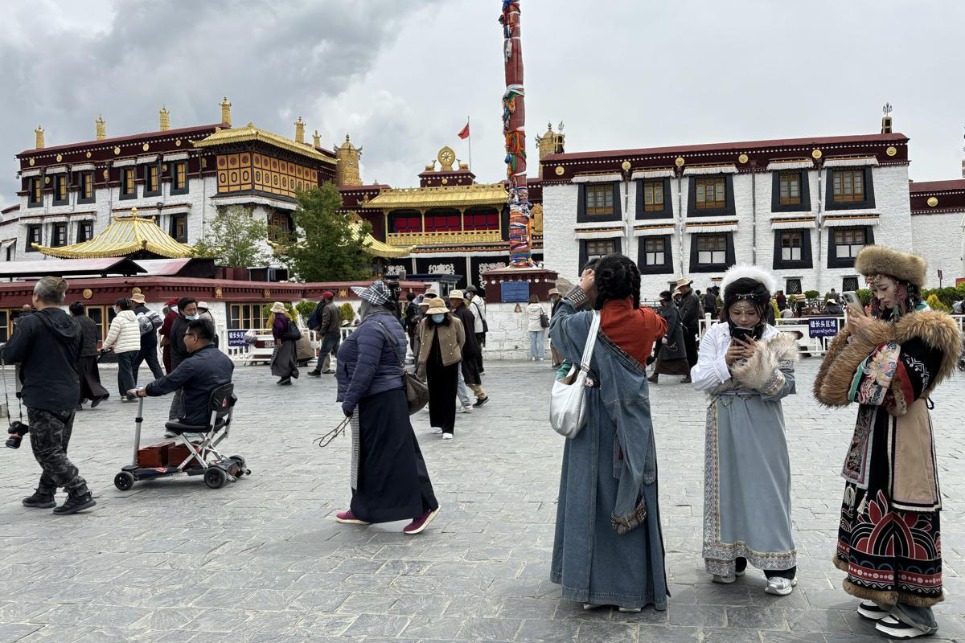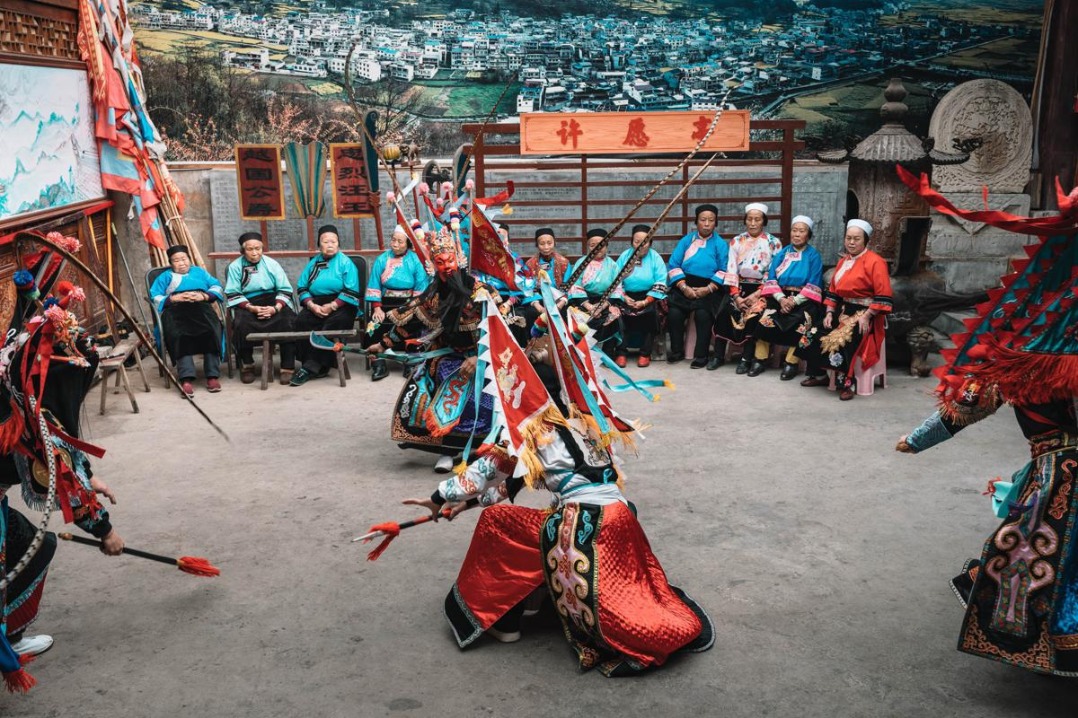China's 'living ginseng' legends meet modern science

In Chinese folklore, ginseng is said to run away, sometimes even taking the form of tiny childlike spirits. Wang Defu, honorary president of the Fusong Ginseng Culture Research Association in Baishan, Jilin province, suggests that such tales may have arisen from real but misunderstood natural phenomena, such as ginseng plants disappearing underground during dormancy. Yet because some cases remain unexplained, the ancient belief that ginseng can move on its own continues to fascinate and mystify people even today.
For centuries, ginseng has been prized as a life-saving remedy. Ancient palaces kept formulas for emergency care, such as Du Shen Tang (Single Ginseng Decoction) and Sheng Mai Yin (Pulse-Generating Drink), he said.
Today, the herb remains deeply embedded in Chinese health traditions, though modern understanding has evolved. "In the past, people thought young adults or children shouldn't take ginseng," Wang said. "But that view is one-sided. Those with suboptimal health can benefit from it."
He recommends fresh ginseng for its pure taste and full moisture retention. "If fresh isn't available, dried is fine," he said. "You can steep it, boil it, or steam it — all methods work."
- China's 'living ginseng' legends meet modern science
- Xi congratulates Catherine Connolly on assuming Irish presidency
- China reports no new pathogens as respiratory illnesses rise
- 'Role model' team shares how it's protecting juveniles in Chongqing
- Two Guangxi officials detained for alleged sexual assault
- New development philosophy charts China's path to modernization





































